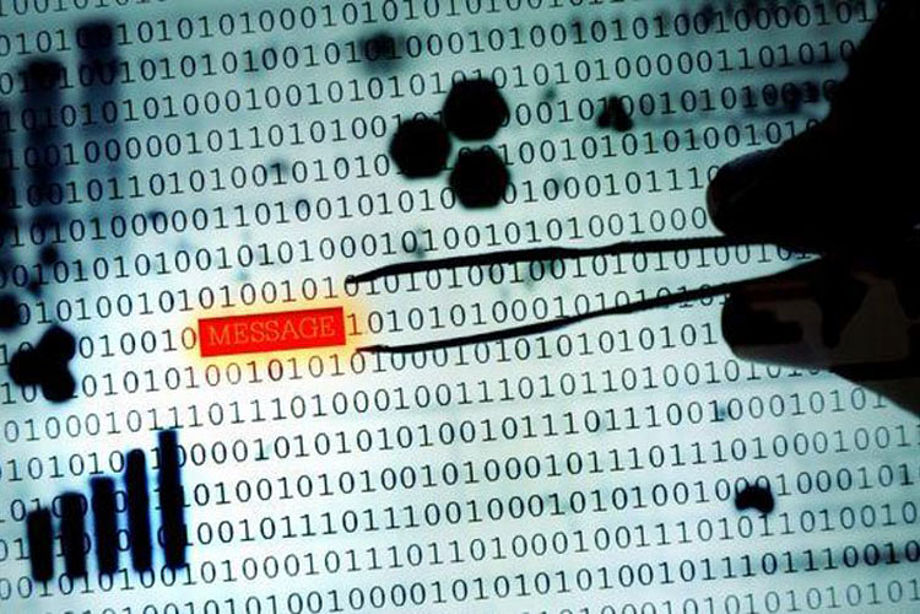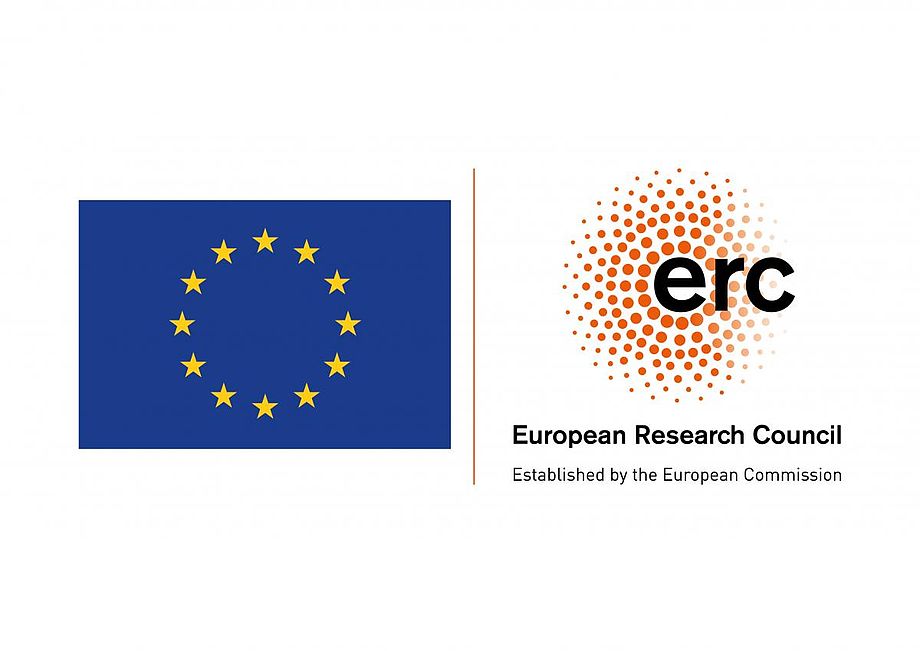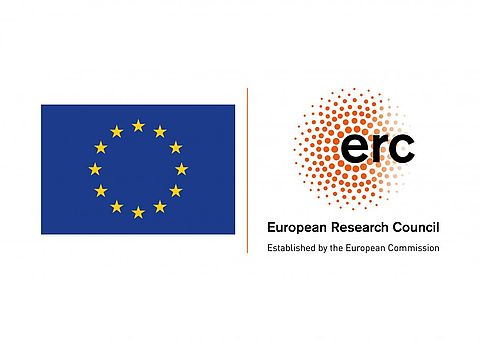ERC Consolidator Grant RUSINFORM 2019 - 2024


ERC Consolidator Grant „The Consequences of the Internet for Russia's Informational Influence Abroad“ 2019 – 2024: The research group analyses how political elites in Moscow can influence media audiences in Germany, Belarus or Estonia via new internet-based technologies.
Over the past decade, Russia's ruling elites have massively stepped up their efforts to influence media audiences abroad. Amongst others, Russia has been alleged to have sought to sway votes in Austria, France, Germany, Ukraine, and the US.This project's overarching research question is: How, and with what consequences, have new Internet-based technologies contributed to the emergence of novel resources, techniques, and processes by which political elites in Moscow can influence media audiences abroad?
In order to address this question, a theoretical work package (WP4) will undertake the first major systematic effort to interrogate how much, or how little, we can leverage extant in-depth knowledge of former-Soviet foreign propaganda, conducted in the broadcast era, in order to make sense of Russia's recent digitally-enabled efforts. WP4 will be informed by three empirical WPs.
They will scrutinize three heavily digitally-enabled elements of Russia's recent efforts:
- WP1 will conduct the first in-depth study of the foreign online audiences who co-create and disseminate Russia-relatedcontent.
- WP2 will produce pioneering research about how social media platforms function as key transmission channels thatconnect Russia's domestic media with Russian-speaking audiences abroad.
- WP3 will be the first study to scrutinize the role of the Kremlin-controlled search engine Yan-dex as a resource of foreigninfluence.
Methodologically, WP1-3 are highly innovative because they combine new computational methods (data mining, automated text analysis) with traditional methods (surveys, in-depth interviews, grounded theory).
In response to Russia's recent efforts, countermeasures have been ushered in by a plurality of actors, including the EU,NATO, and NGOs. These actors will benefit immensely from the knowledge generated, which will enable them to enhance their initiatives to secure democratic electoral processes against undue informational interference.
| Principal Investigator(s) at the University | Prof. Dr. Florian Töpfl (Lehrstuhl für Politische Kommunikation mit Schwerpunkt auf Osteuropa und die postsowjetische Region) |
|---|---|
| Project period | 01.11.2019 - 31.10.2024 |
| Website | https://www.rusinform.uni-passau.de/en/ |
| Source of funding |  Europäische Union (EU) > EU - 8. Forschungsrahmenprogramm (Horizon 2020) > EU - Horizon 2020 - European Research Council (ERC) > EU - Horizon 2020 - ERC - Consolidator Grant |
| Funding notice | The project has received funding from the European Research Council (ERC) under the European Union’s Horizon 2020 research and innovation programme (Grant agreement number 819025). |

